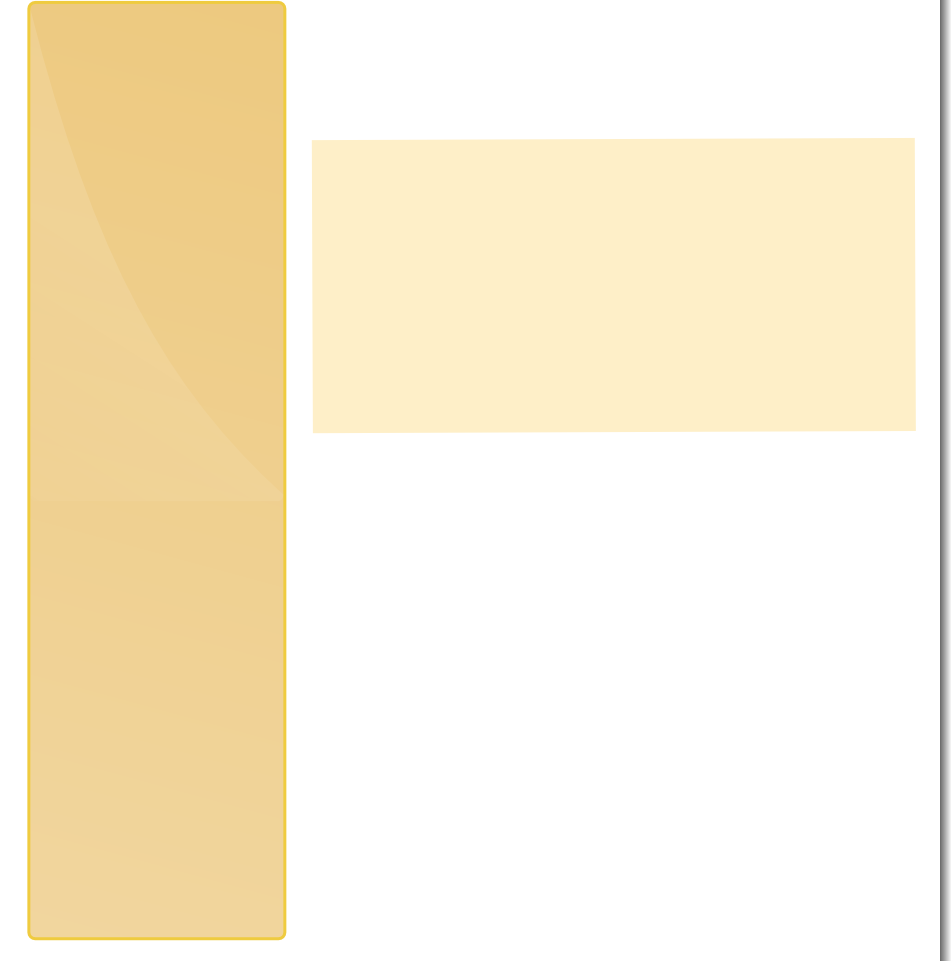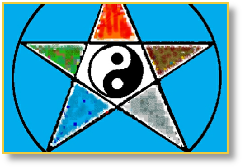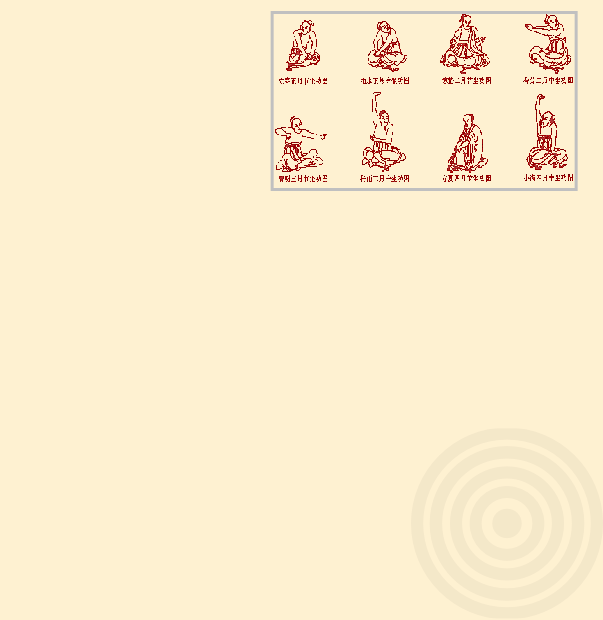


Good Health!

CHINESE FITNESS & HEALTH
Welcome to our help site for all those interested in health, fitness and self-defence. Here you will find the most basic information you need, links, media references and much more. We hope that you both enjoy and benefit from this. Love & Peace.


There is no such things as “Yoga” from China, this is just another slang name born from lack of ability to comprehend the complexities of traditional Chinese Internal Exercises; Neigong. This system, as you will read, is really known as K’ai Men (“Open Gate” and is a part of Chinese Qigong. >>

Sometimes and rightly called K’ai Men, which means Open Gate and refers to the fantastic power of this unusual yoga-type exercise to open the pathways of the the intrinsic energy channels or ‘meridians’. Each exercise features a warm-up sequence and an extension. A complete session leaves you feeling relaxed and calm with side-effects of better sleep, calmer days and better appetite and digestion. Long term practice can change and improve your life.
Taoist Yoga is a system and it is designed to balance the body from the inside outwards. Working with Qi (“chee”) as well as the muscles this little known system of Chinese Taoist health exercise has been updated by Professor Mike Symonds, a Taoist arts Master with forty years teaching experience (to 2013), to fit in more comfortably with today’s higher safety and teaching standards. He is a leader in this field and recognised for his developmental works in Chinese Arts in UK and world-wide.


Yoga?

Caine: Is it good to seek the past, Master Po? Does it not rob the present?
Master Po: If a man dwells on the past, then he robs the present. But if a man ignores the past, he may rob the future. The seeds of our destiny are nurtured by the roots of our past.
Kung Fu (1970’s TV Series)
Did you know, T’ien Ti Tao Ch’uan-shu contains the system of “Taoist Yoga” known as “ K’ai Men” from the Lee Family Style? This was developed by Professor C. Chee Soo.
Taoist Yoga
K’ai Men means 'open gate'. Those of you who have heard of acupuncture will be familiar with the principle of Energy Channels throughout the body. Each of these Meridians, as they are more generally called, has small, medium or larger energy centres on them. Should these “points” or get blocked then the energy will not flow properly through them and we can feel a little “offish” or even ill after time. Sometimes these points are referred to as “gates” in Traditional Chinese Medicine (here after referred to as TCM). The name, “K’ai Men” then suggests that by doing these exercises you can open the Meridians and help redress the natural balance and flow of energy (Ch'i) in the body. This is fairly typical of most Taoist exercises as there is a concern about health matters and in TCM the inner aspects of the body are the most important: usually the outer aspects are the visible elements from which part diagnosis may be made.
K’ai Men has a history of 2,500 to 3,000 years. During this time it has been called Chinese Yoga, Unity (Ho Ping) or Harmony (Ho Hsieh) Yoga. Chinese Yoga is not really appropriate as there are other forms, such as Buddhist Yoga which are also sometimes called Chinese Yoga.
The documented history of Taoist Yoga is lost, like so much history has been. Much credit is given to the man who set out to gather and develop the Taoist philosophy, the Great Yellow Emperor, Huang Ti and his assistants are known to have gathered information and developed exercises like these.
In ‘The Yellow Emperor’s Canon of Internal Medicine’, the earliest known surviving medical work, mentions breathing exercises and general exercise. This may be the earliest mention of Qi-gong related exercises and was written in the time of his life between 2698-2587 BC.